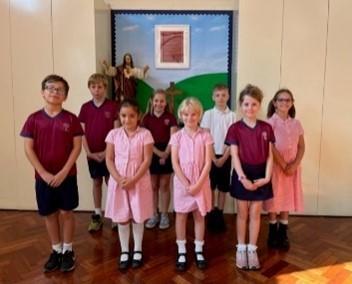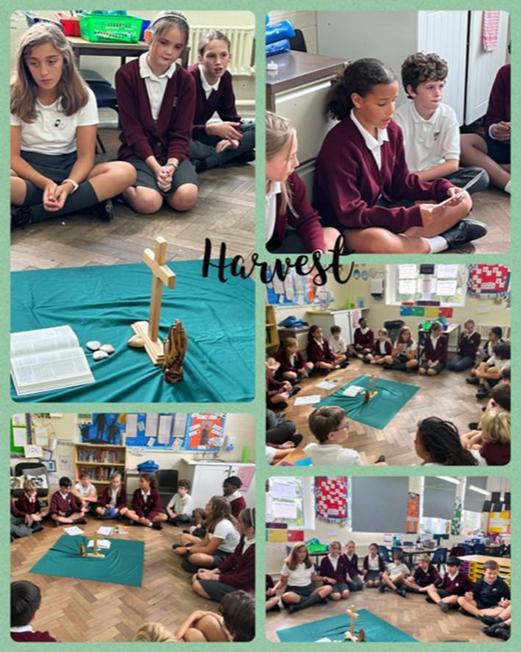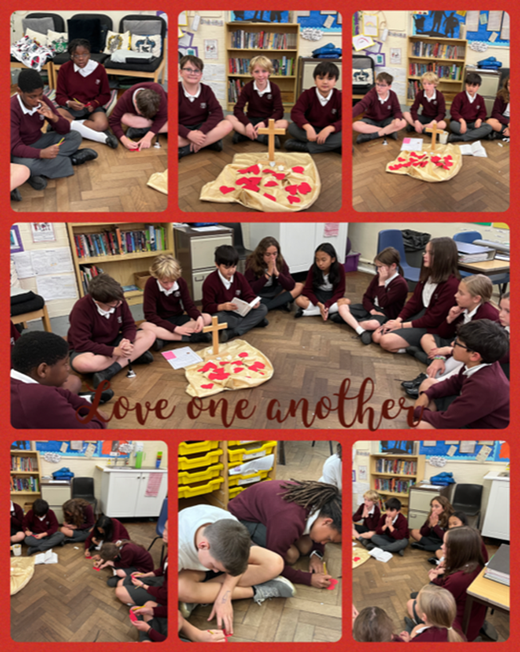
Collective Worship
|
|
|
The Nature of Collective Worship
We believe that Christian worship in a Catholic school is concerned with giving glory, honour, praise and thanks to God. It is our loving response, in word and action, to God’s invitation to enter into a relationship, made possible through the work of Jesus Christ and the witness of the Holy Spirit.
The Aims of Collective Worship
We believe that Collective Worship in our school aims to provide opportunity for all pupils and staff:
- To contemplate something of the mystery of God
- To reflect on spiritual and moral issues
- To explore their own beliefs
- To respond to and celebrate life
- To experience a sense of belonging and develop community spirit
- To develop a common ethos and shared values
- To enrich religious experience
- To grow in liturgical understanding and development
- To reinforce prayers which are part of the Catholic tradition
- To reinforce positive attitudes
- To participate fully
- To take time out ‘to wonder at’, ‘to come to terms with’ and ‘to give worth to.’
Principles
All Acts of Worship in this school will:
- Give glory and honour to God
- Be a quality activity, fundamental to the life of the school and its Catholic character
- Give children positive liturgical experiences, appropriate to their age, aptitude and family backgrounds in order to prepare them for the liturgical life of the Church.
Pupil's Leadership of Collective Worship
We help the children to form and develop a closer personal relationship with God through prayer and to think about what it means to be a follower of Christ in their day to day lives. We encourage the children to take a leadership role in the prayer life of the school. The children will have opportunities to plan acts of worship for their class and key stage.
Chaplaincy team at school
We also have a KS2 Chaplaincy team at school. They support the teachers at assemblies and hymn practices in reading and leading prayer. They also lead prayer at special times of the year in the prayer garden. For example, during October and May, they lead the pupils and parents in saying the Rosary.





